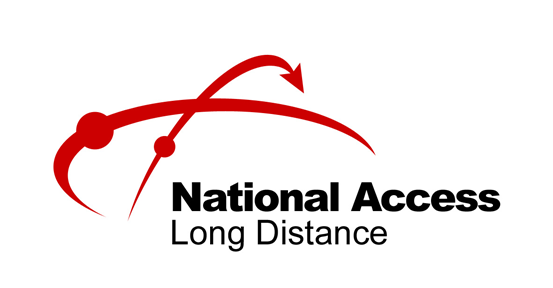"Would you like to save 10% today on your purchase today?". We have all been asked that question when paying for our purchases. Every store under the sun would like to offer you their own credit card. This is not good for your score. The damage to your score you'll incur by opening up a new line of credit is just not worth the few dollars you might save. Department score credit is poor quality credit and the credit scoring system frowns on it. Just don't apply for the card. You may want or need to apply for a new car loan, a new home loan, a re-finance a home loan. By applying for store credit to save a couple of dollars, you could be hurting your chance of getting an important loan at a good rate until the middle of next year.
2. Avoid Overspending
Spending affects credit. 30% of your credit score is made up of how you manage your debt, and when your credit card balances exceed 30% of their available limit, the credit scoring system red flags you and your score goes down instantly. The logic behind this is that if you suddenly max out your credit cards, it looks to the system as though you are in financial trouble. Only charge if you can pay the balance in full before the next statement date. Plus, overspending and overcharging will also cause you to carry larger balances longer. It is best to keep your balances low at all times.
3. Pay Your Bills On Time
Payment history is 35% of your credit score. One 30-day late can cost you 50 points or more. December is traditionally the busiest time of the year. Active calendars filled with work and social commitments for family and friends and the frenzy of the season can preoccupy you and cause you to be late in paying your bills. Make staying on top of your bills a priority. Put all of your bills in a file and make sure you pay them on time. In doing so, you will save points on your credit score and ridiculous late charges as much as $39 or more. Additionally, when you are late in paying your bills, you nullify any preferential finance rate and your account will default to a dramatically higher interest rate. A ding to your credit score, a high late fee, and a huge increase in interest rates are all big incentives to make sure you are on time with your bills. I recently got a call from a customer who had been late, but not 30 days late and the rate jumped on his card to over 30% annually!
4. Take the Time to Plan and Prepare Your Gift Giving
We all do it. We walk into a store ready to buy a specific item and end up getting lured into a spending vortex. Panic spending because the store does not have the item you went in to buy; deciding that if you buy this item for this person, then you have to buy this item for another person; succumbing to the temptation of the latest must-have gadget. You can prevent this well-woven retailer trap by doing your research online. By preparing before you even darken the automatic doorstep of the alluring retail establishment, you can determine where you can purchase specific items and for what price. In doing so, you can avoid the retail traps and retain control of your spending (and your sanity). Online shopping sites have grown tremendously in popularity. Traffic to those sites is up more than 30% from just last year. There is a wealth of information on the web. In fact, www.pricegrabber.com lists all of the hottest holiday items and tells you who sells them and for how much. Remember, if you pay your credit card bill prior to the statement date, it will help your scores. www.froogle.com is another great site to find the item for less.
5. Manage Your Credit Wisely
Keep track of your credit card balances and keep them as low as possible. Studies show that as consumers increase their credit card balances, they become increasingly apathetic about their balances and even about adding new debt. By tracking balances, you will maintain a sense of control over your credit score and your finances. Write out a chart of who you owe, how much you owe, and what the minimum payment is. It will help you to get a handle on your bills, and help start planning how to pay them off.
Remember that if you want to stay in touch with your family this season for a low price, contact National Access Long Distance. We keep your long distance costs low.
